The White Album & Badfinger reissues
There has been a plethora of Beatles and Beatles-related CD and vinyl reissues and books released in the past several months. While past years have featured one or maybe even two Beatles’ major reissues that have been welcomed by the group’s fans, the sheer volume and expansiveness of material to come out recently is truly impressive.
The big recent Beatles reissue project consists of the various configurations of the 50th anniversary of the group’s 1968 double-album The Beatles, better known as the “White Album.” There is a three-CD set, a 4-LP box-set and a 6CD/Blu-ray box set.
The key component that has made this reissue one of the most welcome is the inclusion of demos of the sessions for the album called the Esher Demos. Esher was the location of George Harrison’s bungalow in the English countryside in Surrey. It was there that John Lennon, Paul McCartney and George Harrison recorded demo versions of songs they had written onto Harrison’s 4-track reel-to-reel tape recorder in May of 1968.
Many of these songs were written in India on acoustic guitars in February of 1968 and to hear them as they were conceived is a revelation. There are 15 demos from John, seven from Paul and five from George. Nineteen of the demos appeared on their official commercial release on the White Album. Others appeared on future Beatles albums or solo albums, were covered by other artists or were never officially released. These demos clock in at 75 minutes, the richest treasure trove of music taken from a single recording project in the entire Beatles reissue series. Only the BBC and Anthology projects even come close to the quantity, quality and rarity of these recordings.
Probably the best way to listen to the music of this reissue package is on vinyl. The White Album reissue vinyl package features on the cover the four-color portrait pictures in black and white of the Beatles that came with the original album release package in 1968. Those pictures are also included here in their original color form, along with the collage/lyrics poster that came with the original vinyl release. There is also a four-page album-size booklet that offers comprehensive liner notes on the reissue. There are two double-album packages: one that replicates the original release and one of the Esher Demos.
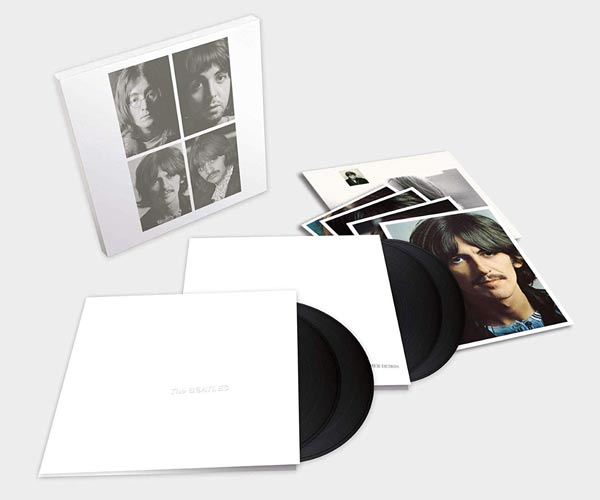
While some of the demos don’t stray very far from the originals, some of the recordings either have quirky little changes or are outright totally different from the final versions that appeared on the 1968 album.
At the end of “Dear Prudence,” for example, Lennon gives a funny little spoken-word synopsis of the song, as if explaining to Paul and George what the song is about, so they see beyond the title of the song.
“Happiness is a Warm Gun” has some verses about Yoko Ono that were discarded for the original album and does not even include any of the title references.
“Piggies” has an almost medieval English folk feel.
“Yer Blues” has a real rural acoustic folk blues feel and now joins other versions of the song available beyond the original, including the versions from the Rolling Stones Rock and Roll Circus and the Plastic Ono Band’s Live Peace in Toronto. “Revolution” is similar in that it has appeared in two previous recorded versions. Here, surprisingly, it has a happy singalong feel.
There are also demos of songs that did not appear on the White Album. Harrison’s “Sour Milk Sea” became the debut single of Apple Records as a cover by Jackie Lomax. McCartney’s “Junk” appeared on his debut solo album. Harrison’s “Not Guilty” would not appear on one of his albums until 1979 on his self-titled album. Harrison’s “Circles” would not come out until 1982’s Gone Troppo album. It’s odd how these two excellent compositions that both had such a 60s feel to them took so long to be officially recorded and released.
Lennon’s “Child of Nature,” which became “Jealous Guy,” is a totally different song lyrically. Two other Lennon songs, “Mean Mr. Mustard” and Polythene Pam,” would finally appear on Abbey Road.
“What’s the New Mary Jane” is a trippy track that seemed to be making an obvious nod to pot and some not so obvious references to the group’s problems with Apple Records.
There were previously reissued tracks from this period that are contained here that were on Anthology 3 from the Beatles, including “Happiness is a Warm Gun,” “Mean Mr. Mustard,” “Polythene Pam,” “Junk,” “Piggies,” “Sexy Sadie,” “While My Guitar Gently Weeps,” “Not Guilty” and “What’s the New Mary Jane.”
It’s interesting to note how many of the McCartney demos seem so complete or close to the final original recordings.
While many of these demos have appeared on bootlegs over the years, to hear them in pristine digital sound or especially on 180-gram vinyl albums with extensive liner notes in the context of the White Album puts them into their proper historical perspective.
The 6-CD set also includes dozens of various outtakes from the studio sessions.
Unlike the Let It Be Naked reissue, another album where there were many well-recorded demos and outtakes, Apple did a commendable job in producing this reissue by putting the emphasis on the Esher demos and releasing so many other previously unreleased complete studio recordings.
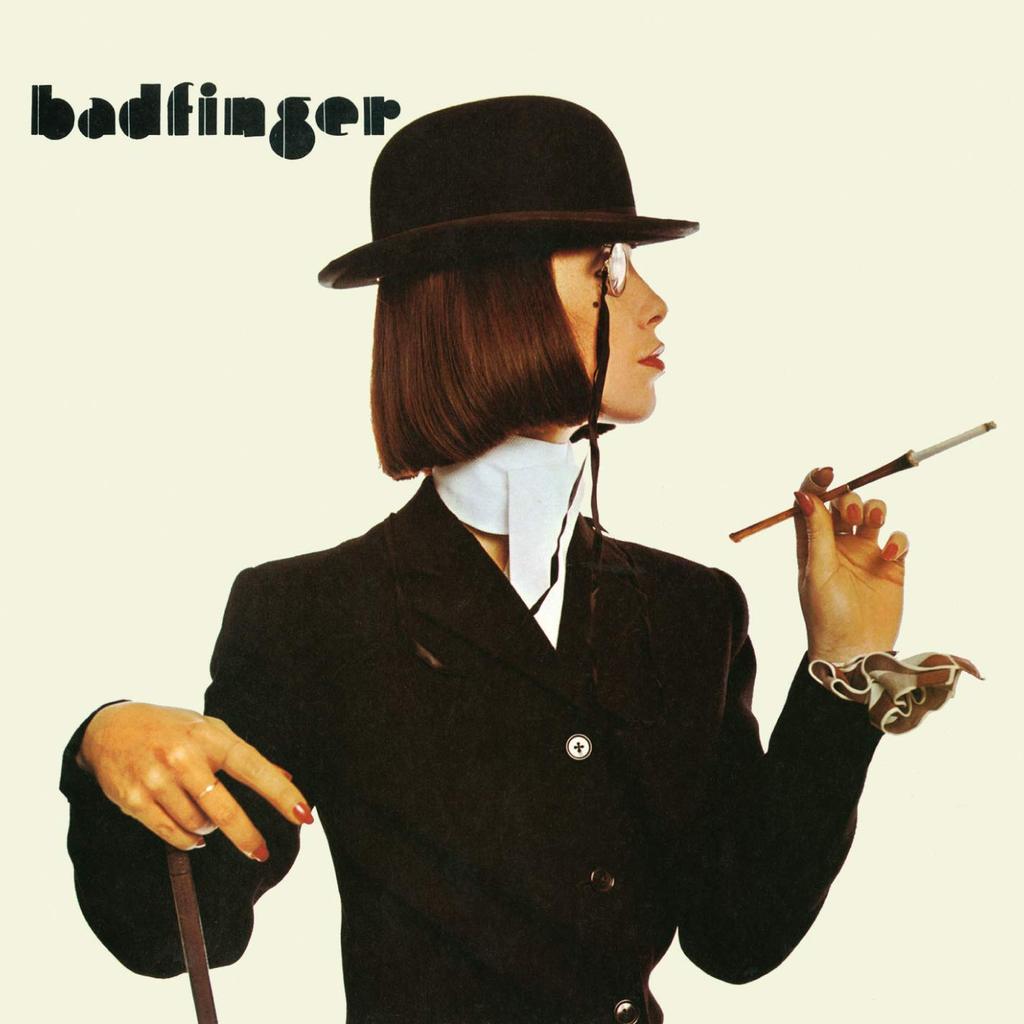
Badfinger was probably the most successful group, other than the Beatles, to appear on the Apple label. While the soundtrack album to the film The Magic Christian, released in 1970, was a pre-introduction to the group and included music it previously recorded as the Iveys, it was the group’s next two albums No Dice, also released in 1970, and Straight Up, released in 1971, that were the group’s most successful. The group recorded one more album for Apple, entitled Ass released in 1973. The group then moved to Warner Brothers and released two albums in 1974 that would prove to be a crossroads for the group and which, due to record business woes, would spell the end for the classic Badfinger lineup. Both of these albums, Badfinger and Wish You Were Here have been reissued in expanded editions by Real Gone Music. A lack of hits and being released too soon after Ass in America hurt the Badfinger album release. Wish You Were Here was withdrawn from release after seven weeks due to a dispute between the band’s management and its song publisher and, although well-reviewed, it fared worse than the group’s previous album. Wish You Were Here would be the last album that would include Pete Ham and it would be another five years before the group would release another album with Evans and Molland, which would be the group’s final album of new studio material.
– Steve Matteo

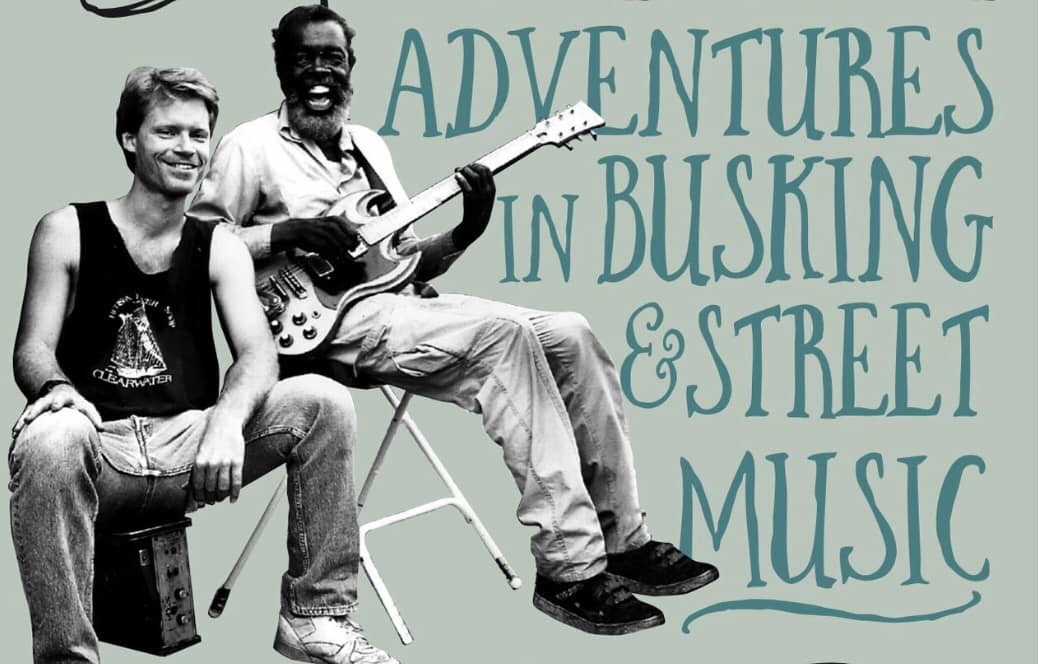
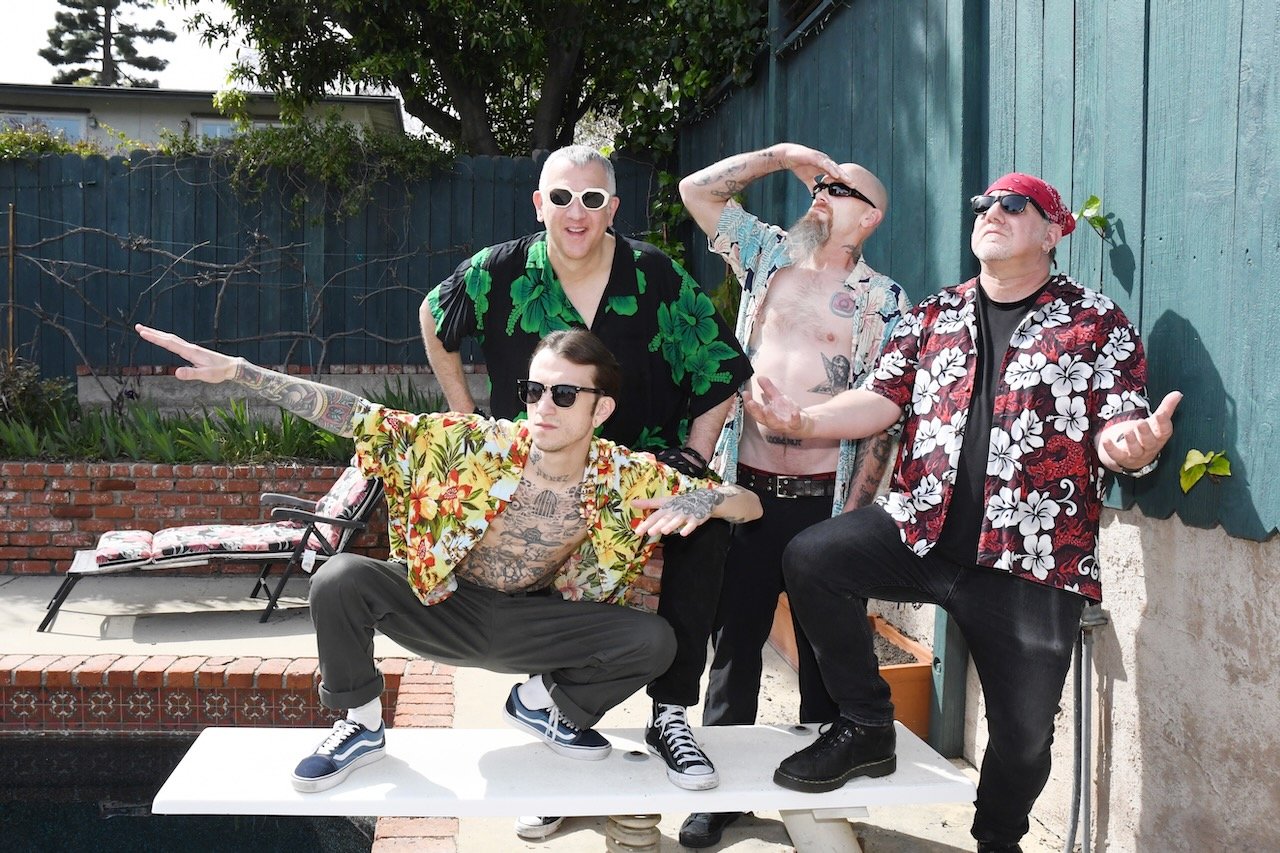
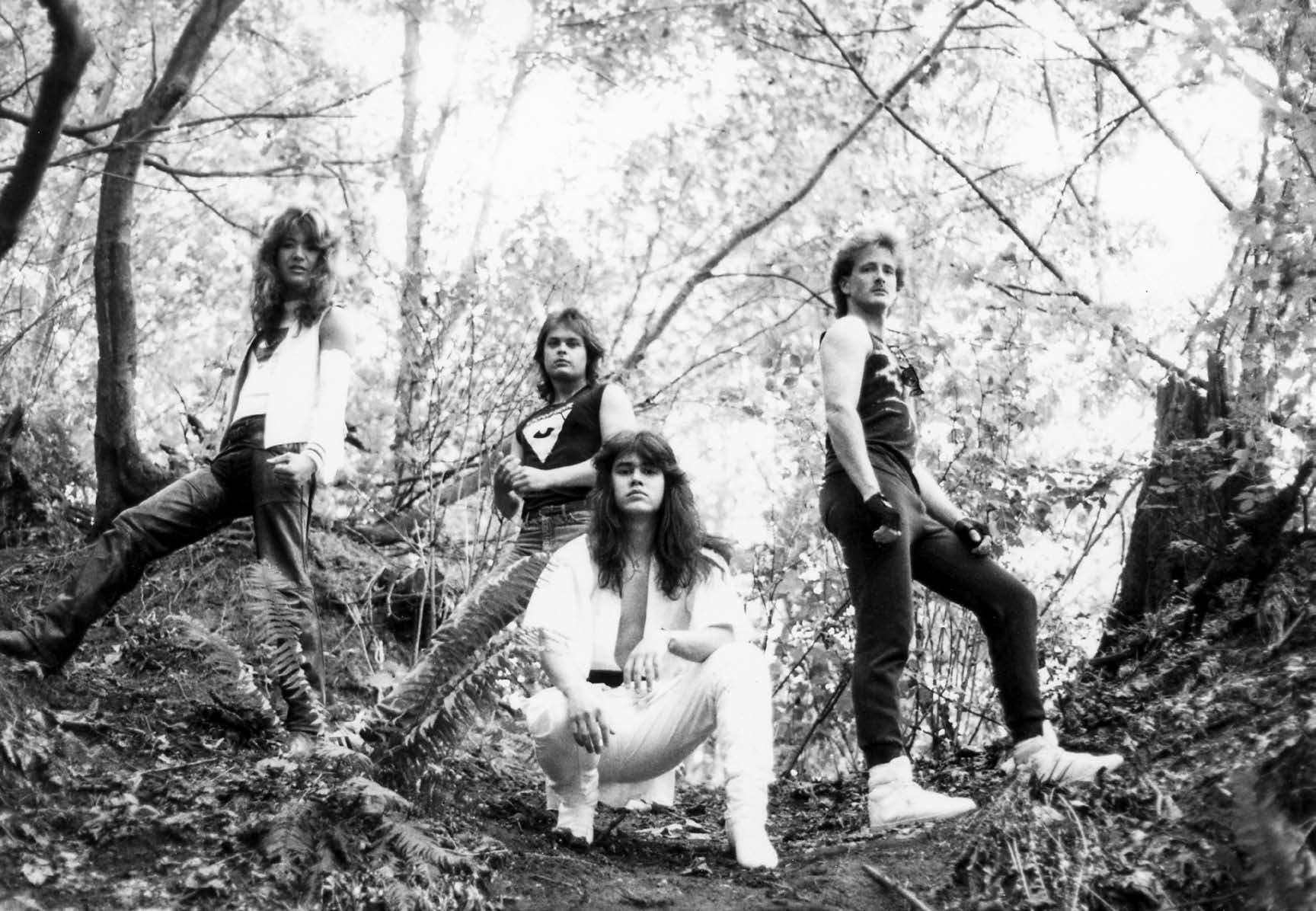
It’s reissues of the vintage classics that make purchasing music worthwhile nowadays.